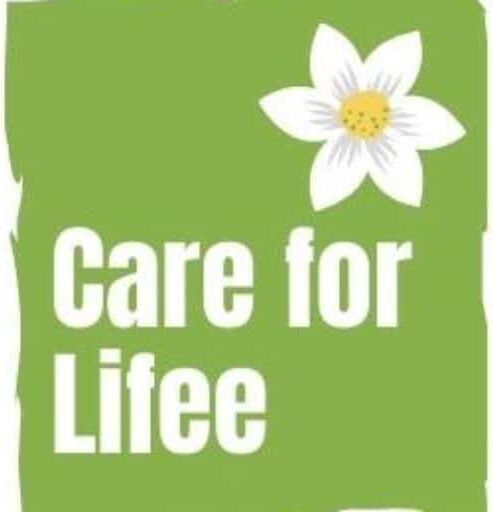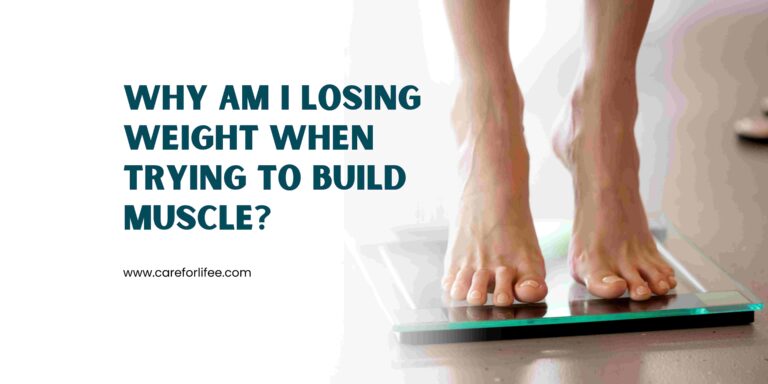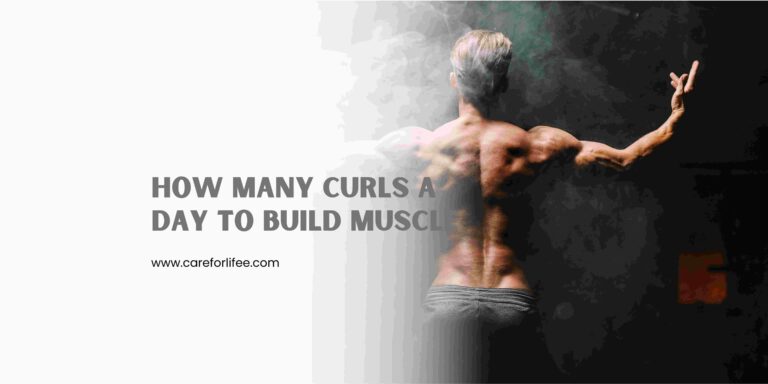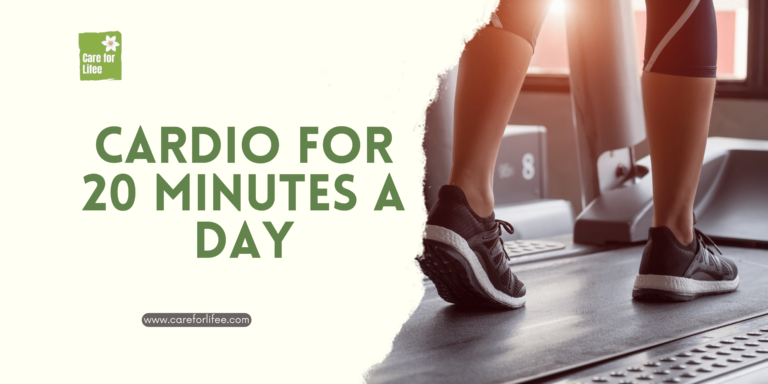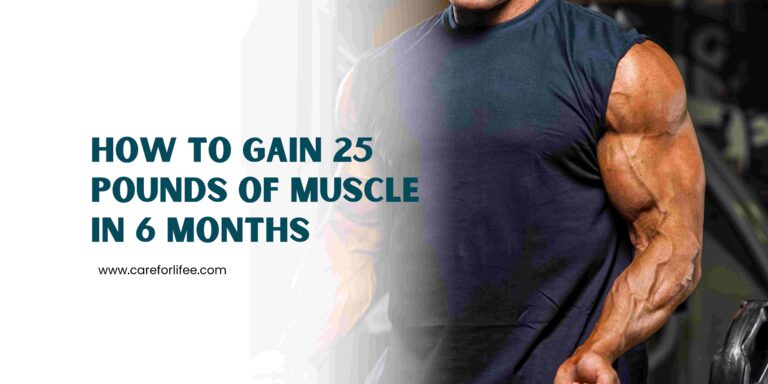Do Naps Help With Muscle Recovery?
Yes, naps can help with muscle recovery.
Recovery plays a crucial role in maximizing the benefits of physical exercise. While rest, nutrition, and sleep are commonly recognized as important factors in muscle recovery, an intriguing question arises: Do naps have a positive impact on muscle recovery? In this article, we will explore the science behind muscle recovery, delve into the relationship between napping and muscle recovery, and provide practical tips for incorporating naps into your routine.
The Science Behind Muscle Recovery
To understand the potential benefits of napping for muscle recovery, it’s essential to grasp the science behind the recovery process. When we engage in physical activity, our muscles undergo microscopic damage, leading to inflammation and fatigue. It is during the recovery phase that our muscles repair and rebuild, ultimately becoming stronger and more resilient.
Factors such as rest, nutrition, and sleep contribute significantly to this recovery process. However, sleep alone may not always be sufficient. This is where napping comes into play.
Understanding Naps
Naps are brief periods of sleep that aim to provide rest and rejuvenation. They come in different forms, from power naps lasting 10-20 minutes to longer naps lasting 60-90 minutes. Napping can help combat drowsiness, improve cognitive function, and enhance overall well-being.
The Relationship Between Naps and Muscle Recovery
While scientific research specifically focused on napping and muscle recovery is limited, studies have shown promising results. Napping can promote muscle recovery by facilitating physiological changes within the body. During a nap, the parasympathetic nervous system is activated, promoting relaxation and reducing stress. This, in turn, allows for increased blood flow to the muscles, aiding in the delivery of oxygen and nutrients necessary for repair.
Additionally, napping has been found to improve hormone regulation, including the release of growth hormone, which plays a vital role in muscle repair and growth. By optimizing hormone levels, napping may contribute to enhanced recovery and muscle adaptation.
Optimal Nap Strategies for Muscle Recovery
To make the most of napping for muscle recovery, it’s important to consider certain strategies:
- Duration: Aim for a power nap lasting 10-20 minutes to reap the benefits of increased alertness without experiencing sleep inertia, which can leave you feeling groggy.
- Timing: Schedule your nap strategically, preferably in the early afternoon, to avoid interfering with nighttime sleep and to align with the natural circadian rhythms of the body.
- Pre-nap and post-nap rituals: Create a calm environment conducive to sleep by minimizing noise and light. Engage in relaxation techniques, such as deep breathing or meditation, before and after your nap to promote relaxation and aid the recovery process.
Other Factors Affecting Muscle Recovery
While napping can be a valuable addition to your muscle recovery routine, it is important to remember that it is not a standalone solution. Proper nutrition, hydration, and regular sleep patterns play critical roles in optimizing muscle recovery. Ensuring a well-rounded approach will yield the best results.
Practical Tips for Incorporating Naps into Your Routine
If you’re considering adding naps to your muscle recovery routine, here are some practical tips to help you get started:
- Experiment with different nap lengths and find the duration that works best for you.
- Create a nap-friendly environment by dimming the lights, using comfortable bedding, and minimizing distractions.
- Avoid consuming caffeine close to your nap time, as it may interfere with falling asleep quickly.
- Set an alarm to prevent oversleeping and disrupting your nighttime sleep schedule.
Conclusion
While further research is needed to fully understand the extent of the relationship between napping and muscle recovery, preliminary studies suggest that napping can play a beneficial role in promoting muscle
